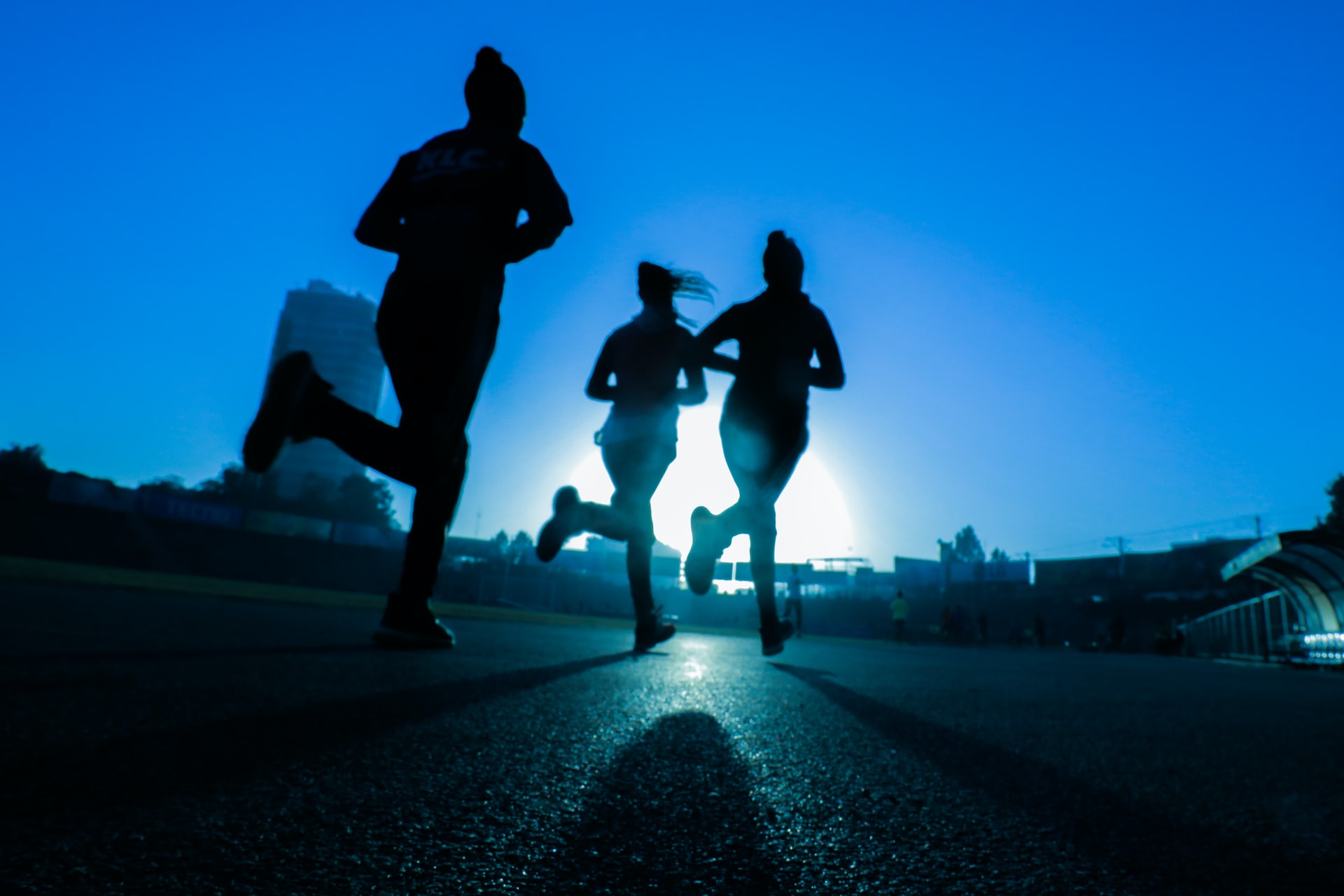Activist Athletes in the Olympics

In a recent report, the Olympics this year will be different than years past due to more and more athletes using the sporting event as a platform to air grievances and their disagreement with “woke culture” which is defined by Merriam-Webster as being “aware and actively attentive to important facts and issues especially racism and social justice.” Athletes are using sporting events for this purpose more and more and that now includes the Olympics.
Protest on the Platform
An example of this was seen recently in the hammer throw event of the Olympic trials. African American athlete, Gwen Berry placed third in the event and when the national anthem was played, she turned her back and covered her face. This took all the attention away from the event as well as the other athletes who were on the platform with her.
Another example of athletes misusing athletic events to vent their grievances is when some football players take a knee while the national anthem is being sung. It is one thing to be an activist for your cause but quite another to disrespect your flag and country. Other athletes have championed for causes in the past like Jackie Robinson crossing color lines in 1947 or Billie Jean King who led a group of female tennis players in starting their own tour in 1971.
These athletes while being champions for their causes, did not use sporting events to do so. While being passionate about the issues, they understood how to shed light on policies that were unfair and biased, but they did it outside of sporting events. Spectators want to see the sport being played not necessarily a protest.
History of Protests at the Olympics
This is certainly not the first time that athlete activists have used the Olympic platform as a place to protest. The Olympics actually have a history of protesting athletes.
- 1968 200 meter winners Tommie Smith and John Carlos raise their fists on the platform in protest of how Black Americans were being treated
- 1906 Peter O’Connor scaled a 20 foot flagpole at the Stadium to wave Irish flag
- 1968 Vera Caslavska turned her head away from the Soviet flag during medal ceremony in protest of a Soviet rule that interrupted her training
- 1980 Americans boycott Olympic games in Moscow
- 2004 Iranian Judo champion refuses to compete against Israelis
These are examples of protests by athletes in the Olympics. Many other activist athletes have used other sporting events in the same way to bring attention to their grievances and disputes.
For the Love of the Sport
If athletes today want to be involved in politics and controversial issues, they would be well served to follow the example set by athletes like Robinson and King who were just as fervent about their causes, but who use proper forums for expression and action. Athletes who played for the love of the sport and in the case of the Olympics, to honor their country.
What message is conveyed when an athlete disrespects the very country in which they live and came there to represent? One answer is simply…a very negative message that would hurt whatever cause that athlete is promoting rather than help it. Fortunately, the IOC has banned athletes from participating in political protests at the Olympics this year so we can get back to watching the actual sport…not a spectacle.
Feel free to leave a comment below!
